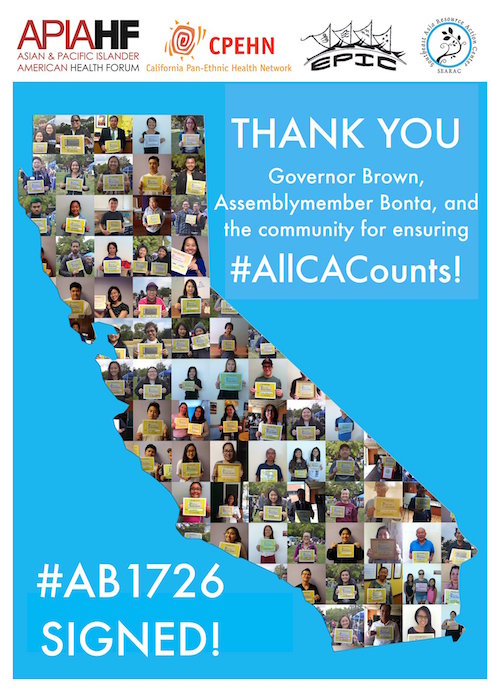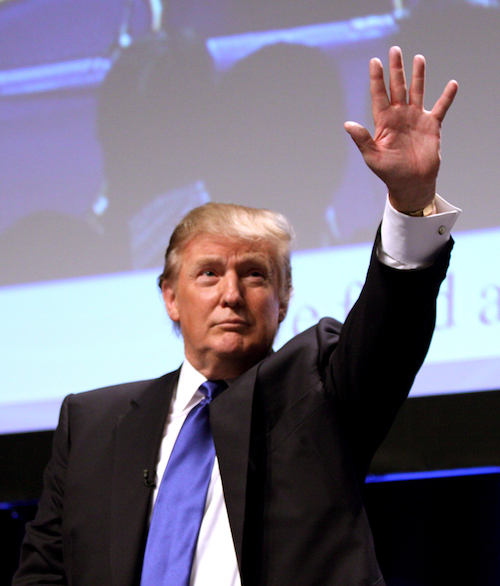A new bill signed into law by California Gov. Jerry Brown on Sunday will require the state’s Department of Public Health to separate data it collects by ethnicity or ancestry for members of AAPI groups.
The disaggregation bill – known as AB-1726, or the Accounting for Health and Education in API Demographics (AHEAD) Act – will help better show the disparities in health care for Southeast Asians and Pacific Islanders, two groups that commonly get left out, according to civil rights groups who view the new law as a win.
For example, an analysis of U.S. Census data by Asian Americans Advancing Justice found that 14 percent of the Asian American community lacks health insurance. Broken down by ethnic groups, a divide rises – while 8 percent of Japanese Americans are uninsured, 27 percent of Korean Americans lack insurance.
4. But there are also key differences among Asian Americans on many issues like domestic violence #AB1726 pic.twitter.com/FfPtuACyCZ
— AAPI Data (@AAPIData) August 20, 2016
In the 90s, California required data be collected in 11 different AAPI categories, according to the office of Democratic Assemblyman Rob Bonta, the bill’s sponsor. Now, 10 additional ethnic groups – Bangladeshi, Hmong, Indonesian, Malaysian, Pakistani, Sri Lankan, Taiwanese, Thai, Fijian and Tongan Americans – have been added to that list.
A handful of Asian American advocacy groups, including the Asian & Pacific Islander American Health Forum (APIAHF), Empowering Pacific Islander Communities (EPIC), and Southeast Asia Resource Action Center (SEARAC), helped Bonta with efforts to pass the bill. A hashtag, #AllCACounts, was launched last month on social media.
“AB 1726 will give us a clearer pathway to formulate policy focused on positive outcomes for our specific API communities,” Bonta told NBC News.
However, some members of the AAPI community disagree with the bill because it only targets Asian communities to be split up by ethnicity, rather than doing so with every race.
“I disagree with the way we finely divide the Asian community into specific subcategories when we don’t do the same thing to the other ethnic groups,” Lily Ding, a committee member of the Silicon Valley Chinese Association, told NBC.







